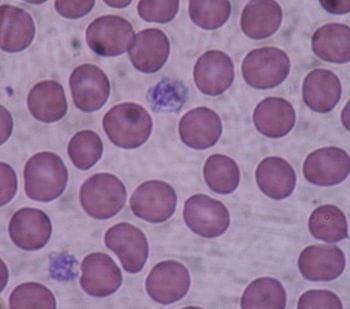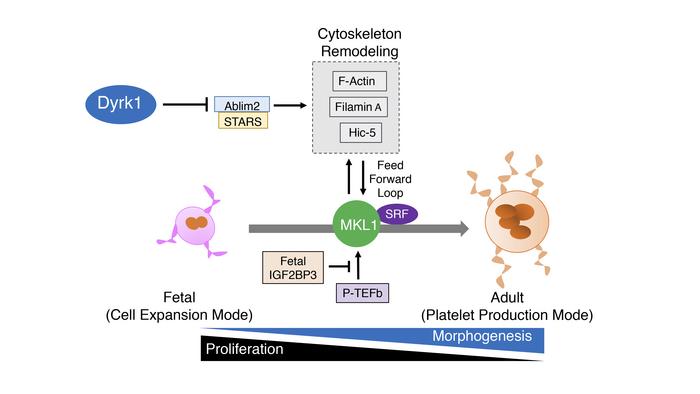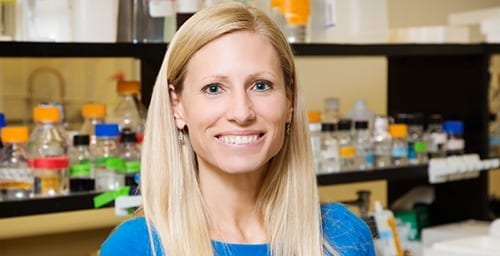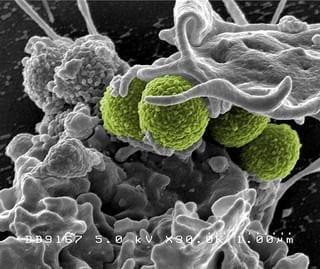
Scientists at Brigham and Women’s Hospital (BWH) have developed a scalable, next-generation platelet bioreactor to generate fully functional human platelets in vitro. The work is a major biomedical advancement that will help address blood transfusion needs worldwide.
The study is published July 21, 2014 in Blood.
“The ability to generate an alternative source of functional human platelets with virtually no disease transmission represents a paradigm shift in how we collect platelets that may allow us meet the growing need for blood transfusions,” said Jonathan Thon, PhD, Division of Hematology, BWH Department of Medicine, lead study author.
According to the researchers, more than 2.17 million platelet units from donors are transfused yearly in the United States to treat patients undergoing chemotherapy, organ transplantation and surgery, as well as for those needing blood transfusions following a major trauma. However, increasing demand; a limited five-day shelf-life; and risk of contamination, rejection and infection have made blood platelet shortages common.
“Bioreactor-derived platelets theoretically have several advantages over conventional, donor-derived platelets in terms of safety and resource utilization,” said William Savage, MD, PhD, medical director, Kraft Family Blood Donor Center at Dana Farber Cancer Institute/Brigham and Women’s Hospital, who did not contribute to the study. “A major factor that has limited our ability to compare bioreactor platelets to donor platelets is the inefficiency of growing platelets, a problem that slows progress of clinical research. This study addresses that gap, while contributing to our understanding of platelet biology at the same time.”
Read more . . .
The Latest on: Platelet bioreactor
[google_news title=”” keyword=”Platelet bioreactor” num_posts=”10″ blurb_length=”0″ show_thumb=”left”]
via Google News
The Latest on: Platelet bioreactor
- Feed has no items.
via Bing News










